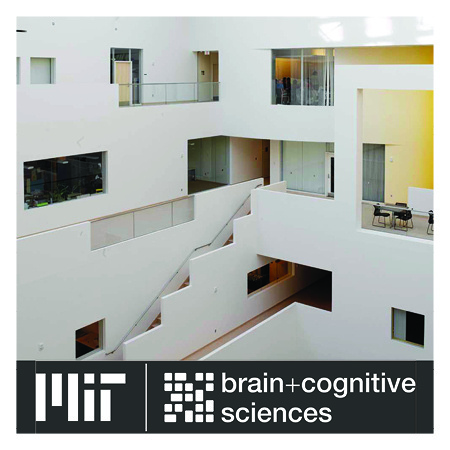
Alexi Choueiri Thesis Defense: Single-Molecule Protein Sequencing (I) and Genetically Dominant mRNA Therapies to Combat Viral Evolution (II)
Description
Time and Date: Tues April 26 10:30am EST
Public Link: Join Zoom Meeting
https://mit.zoom.us/j/98115731859?pwd=L1BHM3c3T3pKK0pONVdjVXJVd1NEdz09 Password: 871635
Advisor: Edward Boyden
Title: Single-Molecule Protein Sequencing (I) and Genetically Dominant mRNA Therapies to Combat Viral Evolution (II)
Abstract: (I) Proteins serve critical structural and dynamic functional roles at the cellular level of all living organisms. Understanding protein contribution to biological function is critical and rests on having appropriate technologies for quantification and identification. The lack of technology for high-resolution protein-level analyses represents a significant gap in advancing important biological research. While some researchers have turned to transcriptomics as a proxy to the protein composition within cells, it is critical to note that gene expression at the transcriptomic level weakly correlates with the proteomic profile. To address this issue, we propose a technology that allows for single-molecule identification and sequencing of proteins, allowing for high resolution interrogation of the proteome and enabling ultrasensitive diagnostics critical for early detection of diseases. The technology outlined will involve single-molecule detection via labeling and imaging of amino acids, the building blocks of proteins, that are sequentially isolated and immobilized from the protein N-terminus using a novel chemical design called ClickP.
(II) It takes one person to start an outbreak. We developed an mRNA therapy for treating viral infection that is designed to be genetically dominant to help prevent virus evolution and future pandemics. Many other therapies like small molecules, siRNA, CRISPR, and antibodies may allow viruses to escape and have respective limitations ranging from drug delivery to specificity. Our antiviral strategy uses mRNA to express modified viral fusion proteins that use a Trojan Horse-like mechanism to incorporate inside the virus and even destroy its genome. The therapy may also be considered dominant because it has “sticky” oligomeric properties that allows it to self-assemble in the targeted virus at the protein level, a property previously shown to help in suppressing antiviral resistance. We have successfully tested this therapy on the actual SARS-CoV-2 (COVID) in cell culture at specialized biohazard facilities resulting in 0 infected cells. The therapy sequence can also potentially be adapted to target many deadly viruses like HIV, Ebola, Zika, Influenza and more. Dominant mRNA therapies are worth exploring in combating the evolution of new viral strains.

